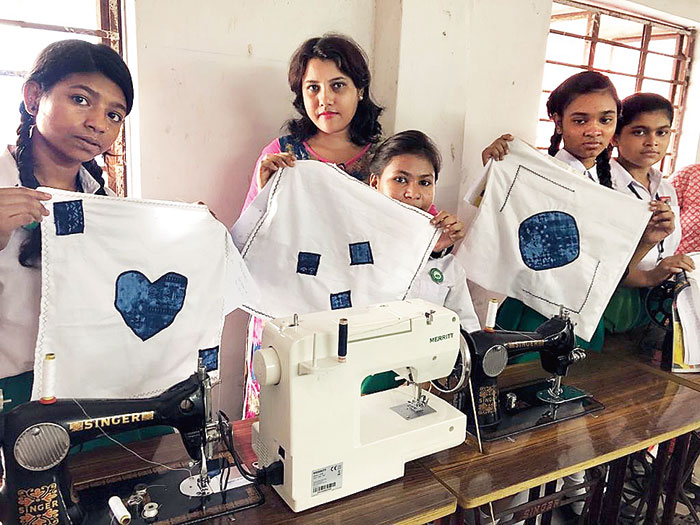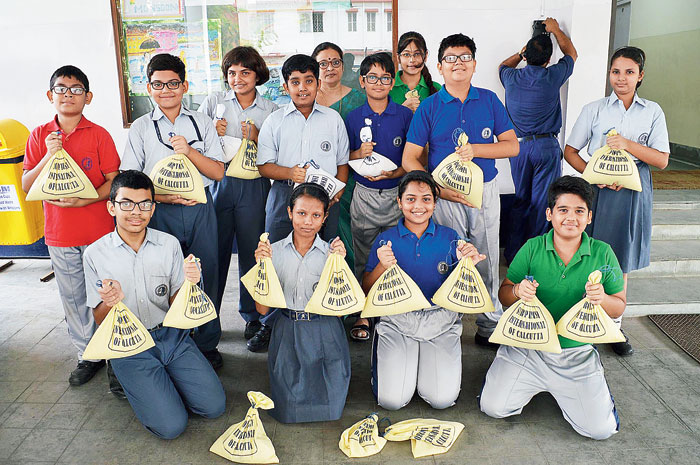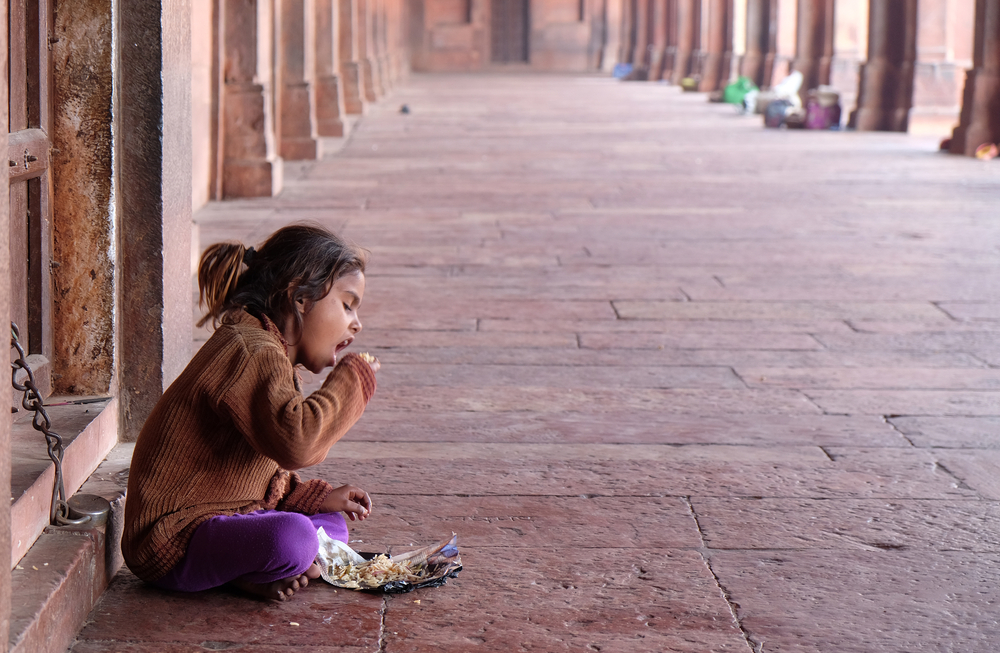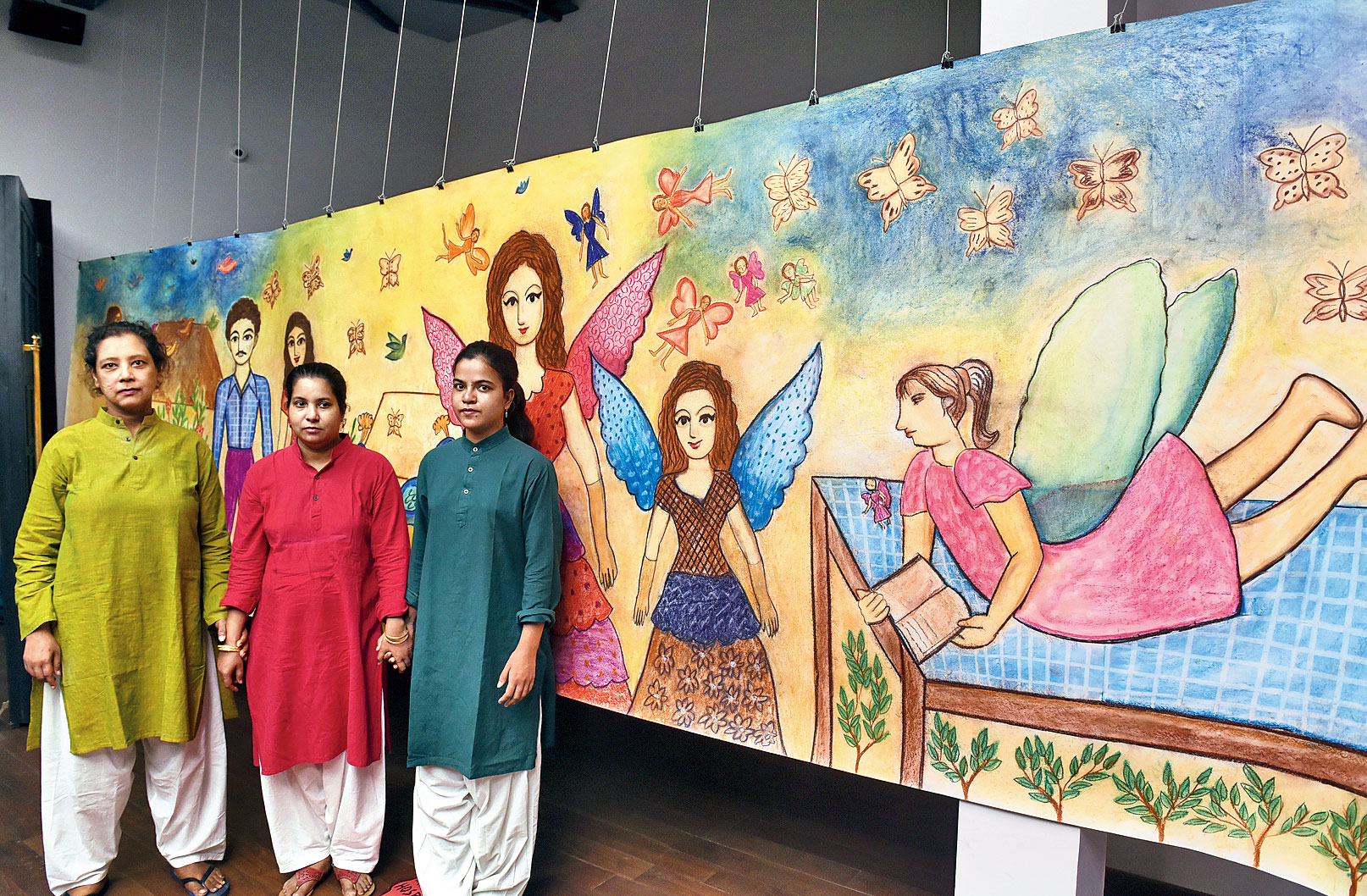A few weeks ago, Soroptimist International of Calcutta or SIC, a club of women professionals, handed over their twelfth gift of a toilet to the Sarberia Sanatan High School in Gocharan in South 24-Parganas district. The previous 11 include bequests to other schools, a polyclinic, creches. The handover was followed by a sanitary awareness workshop. “It is a part of one of our projects, Project Dignity, wherein we aim to build toilets for girls in rural areas,” says 65-year-old Uttara Das Gupta, who is the president of SIC.
More than 10 years ago, this boys-only school of Gocharan had opened its doors to girl students. But no provision had been made for a separate girls’ toilet. Says Soma Dasgupta, who is a member of SIC and a retired professor of J.D. Birla Institute of Calcutta, “It is unimaginable how the girls managed all these years. There must have been a lot of dropouts. Toilets should not be a reason for girls to stop pursuing an education.”
The word soroptimist is born of the Latin word “soros”, meaning sisters, and “optima” meaning the best. SIC’s first president — when the club was founded in 1979 — was Aroti Dutt, the daughter-in-law of civil servant, folklorist and writer Gurusaday Dutt. From a plastic surgeon to a writer, from a textile designer to a judge, from a nutritionist to a pathologist, from an engineer to an educationist — successful women from different fields come together at SIC to serve and empower underprivileged sisters.
Project Dignity is just one of the many projects that SIC has initiated since its inception. Soma Dasgupta, 67, talks about a 2009 project called Hold My Hand. She says, “It has to do with educating slum girls who are first generation learners in their families. They barely have support from home and the help from teachers is not sufficient. We help them with additional training. The aim is to encourage them to finish their basic education.”

Helping hands: Girls are being trained in tailoring Courtesy: SIC
Then there is Project Fistful of Grains, which is about redistribution of food. According to Soma Dasgupta, SIC members collect rice from students and distribute it to those schools where children from marginalised families come to study. “We distribute small bags and urge children to collect a fistful of rice every day and put it in the bag. After a week, they bring to school whatever they have collected. This way, children from privileged backgrounds are also made aware of the hunger problem,” Uttara Das Gupta says.
Other projects are, Nimble Fingers — where women are trained in tailoring; Legal Awareness — where talks and interactive sessions are conducted to educate young girls about legal issues such as child marriage, rape, sexual harassment; No Plastics Please — encourages people to use cloth or paper bags.
It was in 1981 that SIC had its first project called Project 5O or 5 Organisations. Deep in the rural areas, five bighas of marshy land were acquired and training courses were provided on health, education and teaching of income-earning skills to women of 20 villages. The 5O Project with SIC continues to serve the rural poor.
In 1986, SIC started the Prison Project. It was taken up to help poor and NCL (non-criminal lunatic) women in prison, to give them an opportunity to stand on their own feet upon release. Inmates were taught painting and embroidery, and to make totes, asanas, file covers out of gunny bags. Uttar Das Gupta recalls a 1993 Sewa Sahayika Project for those training to be helpers of nurses or nurses’ aids. They were intermediaries between nurses and ayahs.
SIC has 35 members now. Some of the founding members of this social initiative who are still active are Chitra Ghosh, niece of Subhas Chandra Bose; Padma Lahiri, niece of Acharya Kripalani; Nandini Choudhury, granddaughter-in-law of educationist Jogesh C. Choudhury.
The youngest member is Ayushi Kundu, 23. The oldest member is 85-year-old Padma, a doctor and pathologist, who still runs her diagnostic clinic in central Calcutta. In fact, it is she who helped extend the activities of the soroptimists to Dhaka in 1983. President Dutt went to Dhaka to initiate the SI club activities. Says Soma Dasgupta, “She [Padma] comes with a walker to the meetings.”
Good intention will rarely surrender to circumstances.












